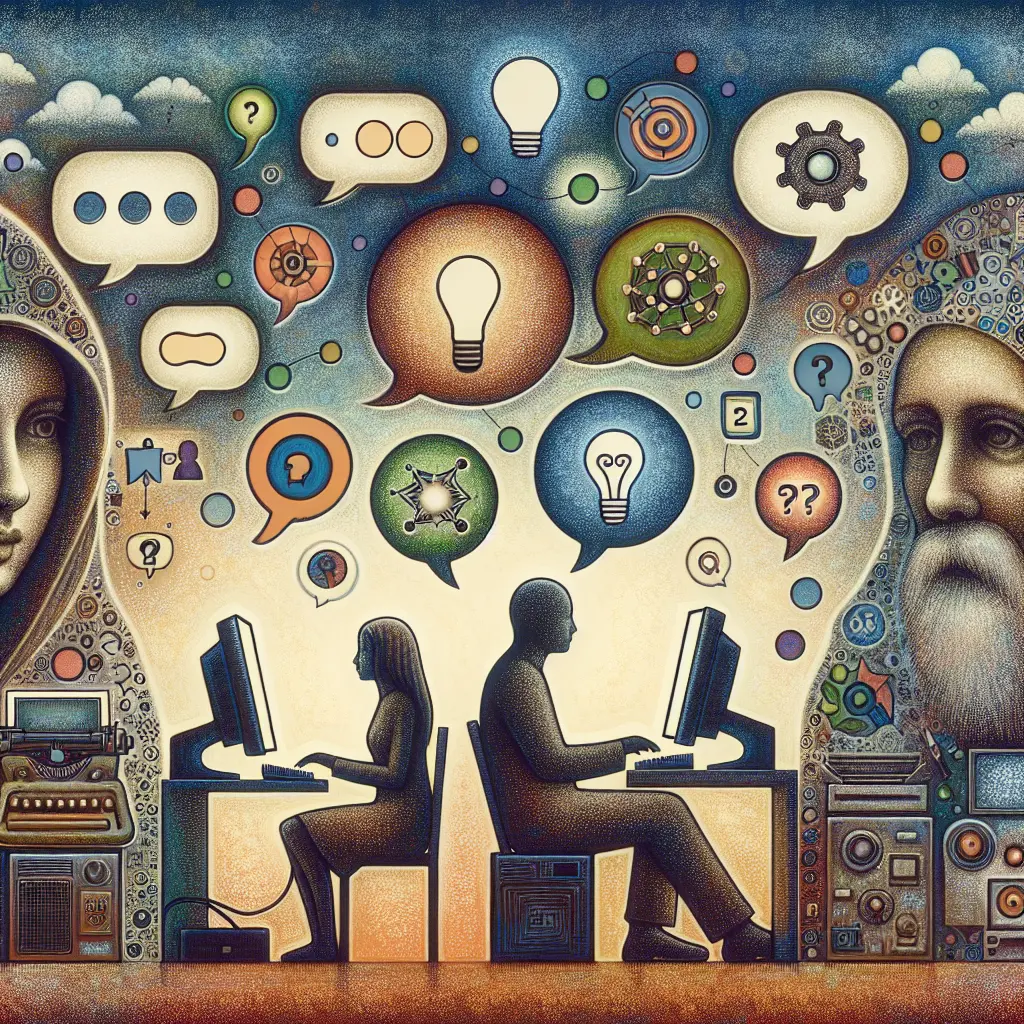
In the digital age, platforms like Omegle, where users can engage in random chats with strangers, have become a fascinating subject for psychological exploration. These platforms offer a unique lens through which to examine human behavior, motivations, and the psychological impacts of such interactions. This blog post delves into the "Omegle psychology" and unpacks the layers of random chat behavior, the influence of online anonymity, and the broader social and emotional implications.
Understanding Omegle Users and Their Motivations
Omegle facilitates anonymous interactions between users without requiring registration. This feature significantly impacts user behavior. Anonymity can lower social inhibitions and accountability, leading users to share thoughts or act in ways they might avoid in identifiable settings. The motivations for using Omegle vary widely – from loneliness and the desire for human connection to curiosity about other cultures or the thrill of an unpredictable conversation.
Recent psychological studies on Omegle suggest that the platform can serve as an outlet for social experimentation. Users often engage more openly in conversations, discussing topics they might not otherwise talk about, due to the perceived safety net that anonymity provides. However, this same anonymity can also foster less desirable behaviors.
The Darker Side of Anonymity
Unfortunately, the veil of anonymity can also lead to negative behaviors. A recent disturbing case involved a man convicted of 'sextortion' involving over 100 children across platforms including Omegle, Snapchat, and TikTok (The Guardian, 2023). Such cases highlight critical vulnerabilities associated with anonymous digital environments where predators may exploit the anonymity to harm others.
This incident underscores the need for awareness and precautionary measures among users of anonymous chat services. It also raises questions about the responsibilities of platforms hosting these interactions to implement more robust protection mechanisms without compromising privacy.
Emotional Impact of Random Chats
The emotional impact of random chats on Omegle can be profound. For some, these interactions provide a sense of connection and relief from isolation, particularly during times when physical social interactions are limited (e.g., during a pandemic). For others, the randomness and sometimes abrasive nature of the interactions can lead to emotional distress or anxiety.
Researchers studying the psychological effects of Omegle have noted that while some users feel uplifted by positive interactions, others may feel worse if encounters are negative. This bipolar nature of experiences makes Omegle a double-edged sword in terms of mental health implications.
Social Psychology of Anonymous Chats
The social interactions on Omegle offer a rich field for exploring the social psychology of anonymous chats. Users often feel emboldened to express themselves in ways they might not in face-to-face scenarios. This can lead to a genuine exchange of ideas but can also devolve into conflict or inappropriate behavior due to reduced empathy and disregard for social norms typically governed by identifiable interactions.
Scholars in social psychology have pointed out that understanding these communication patterns can provide insights into broader societal behaviors and attitudes, suggesting a mirror effect where societal norms and deviations are both reflected and distorted through anonymous digital conversations.
Psychological Studies on Omegle
Recent studies have begun to map out the diverse psychological landscapes of Omegle interactions. Researchers are particularly interested in how factors like loneliness, social anxiety, and personality traits influence how people behave on Omegle. For instance, a study published in the Journal of Social Psychology (2021) found significant correlations between high scores on social anxiety scales and preferences for anonymous online interactions over face-to-face contact.
Safety and Mental Health Concerns
Given the potential for negative encounters on Omegle, mental health professionals emphasize the importance of digital literacy and emotional resilience as critical tools for users. Engaging in random chats responsibly involves recognizing when conversations are veering into harmful territory and knowing how to exit these situations safely.
Educational campaigns that teach younger users about the risks associated with platforms like Omegle are crucial. These should include discussions about privacy, the potential for emotional harm, and the importance of maintaining boundaries online.
Conclusion
Exploring the psychology behind random chats on Omegle opens up a complex web of insights into human behavior, online interaction dynamics, and the psychological effects engendered by digital anonymity. While these platforms provide valuable opportunities for connection and self-expression, they also come with risks that must be managed with care.
As we navigate these digital spaces, it is vital to continually seek understanding about how they shape our perceptions, behaviors, and relationships. Whether we are users, researchers, or merely curious observers, fostering a healthy digital environment is a shared responsibility.
Authored by Lisa Marlowe – Delving deep into digital realms to understand human connections.